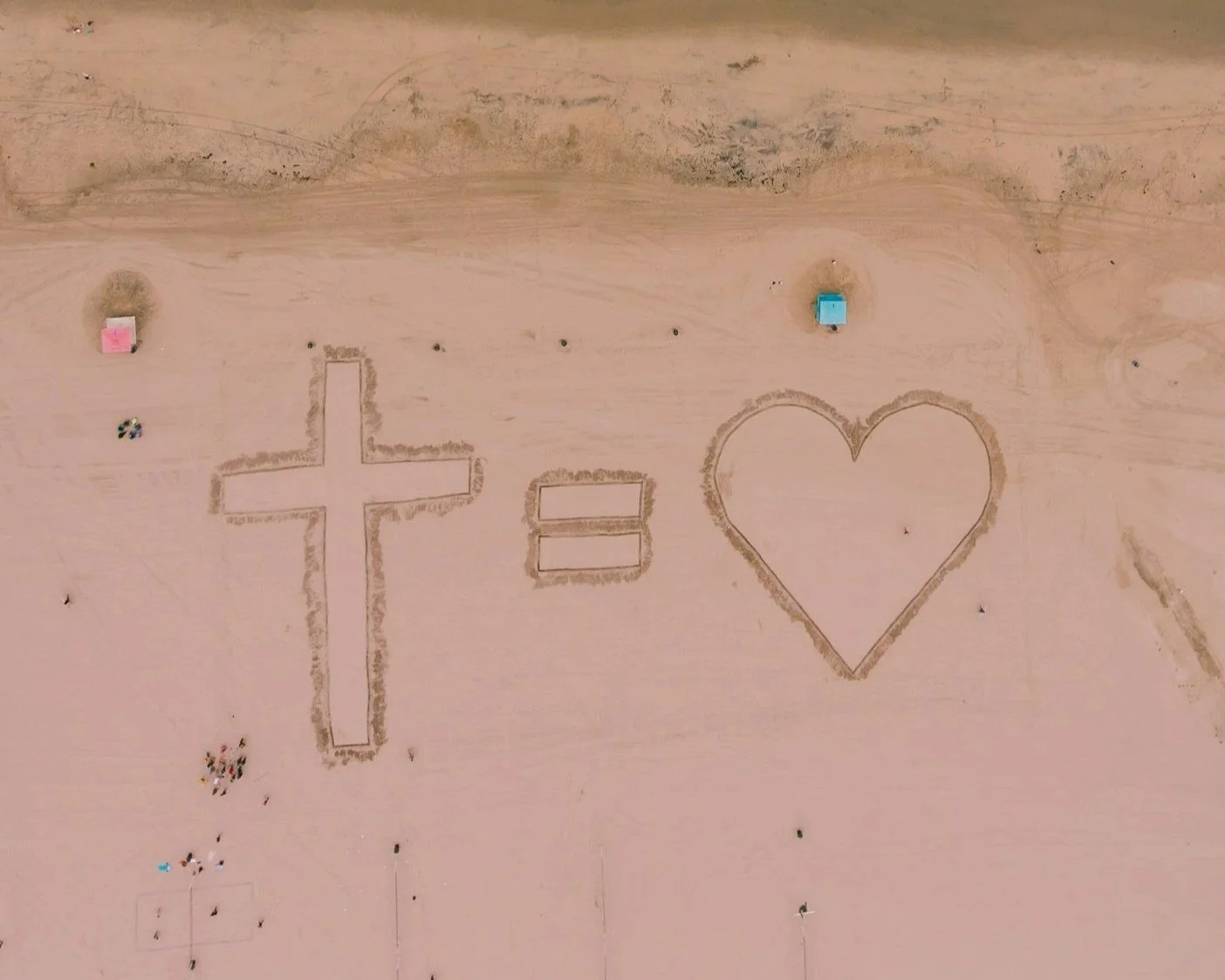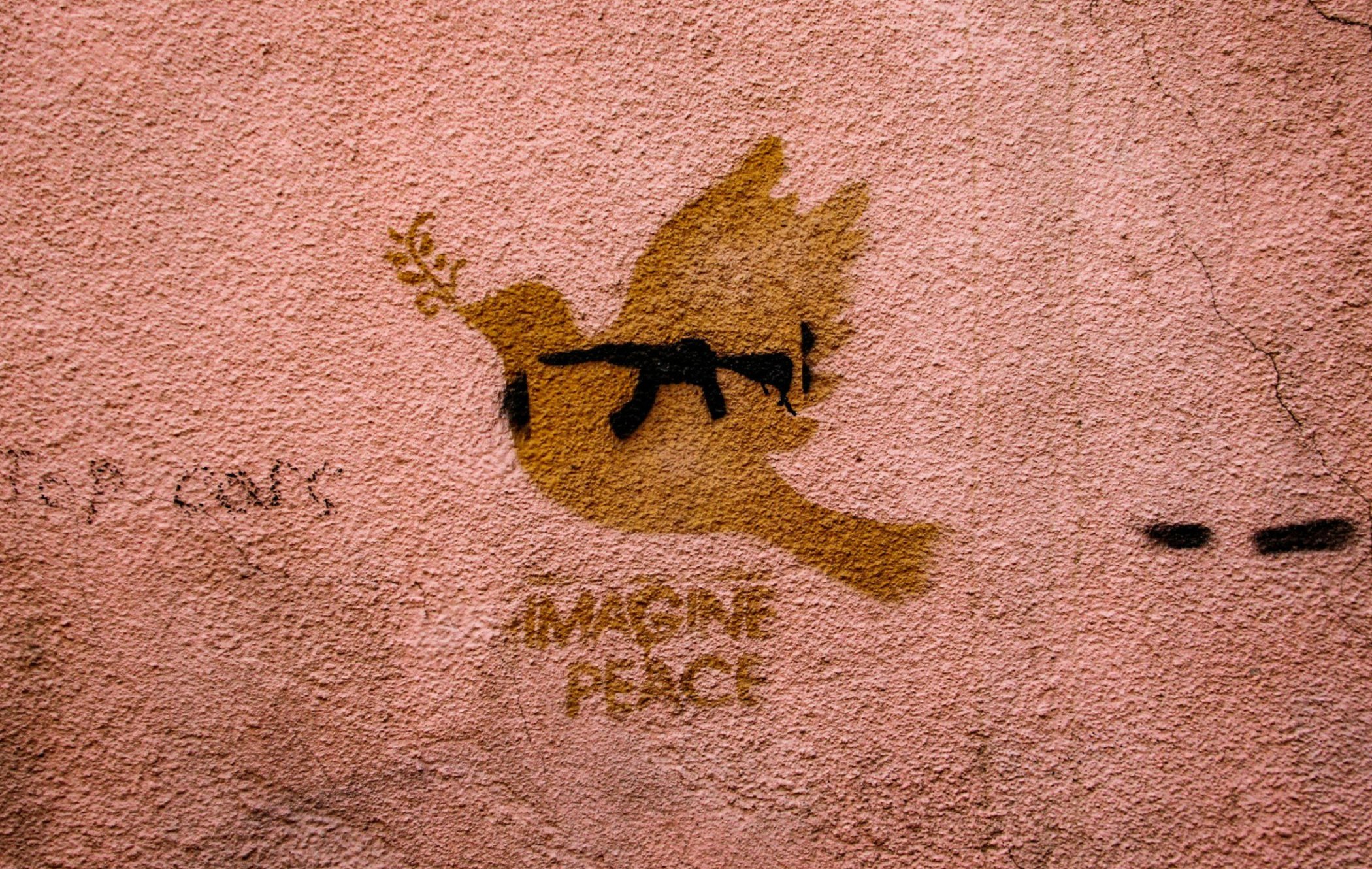Where are you going?
Imagine you just got bloodwork results back for a few vitamins and minerals that had been low. You see that your vitamin D has reached a nice number, but your B12 and iron need work. You get the green light from your doctor to make the necessary changes to your diet and supplement routine, then head out to the market to grab some legumes and leafy greens.
Or imagine you’re an 8th-grade teacher, and it’s exam time. You’re halfway through a stack of test papers on your desk, and you notice that students are consistently scoring much higher on the topics they explored through creative group projects during the year. You resolve to incorporate more hands-on learning opportunities for your students next semester.
Believe it or not, in these two scenarios, you’ve done more than just been a good steward of your health and a responsible educator - you’ve just engaged in a process we call monitoring and evaluation (M&E)! M&E is a critical review of an activity or event to understand to what extent a goal has been reached, and how future performance can be adjusted to reach that goal.
When I tell people that I do monitoring and evaluation, I typically see one of two responses: a blank stare followed by a non-commital “Um, what’s that?” or a glazed, I-can’t-believe-I’m-already-bored, where’s-the-exit look, along with a half-hearted “Yeah, that’s important.” But M&E isn’t just important; it’s essential for us to function, learn, and grow as human beings. Consciously and subconsciously, we engage in this reflection-action activity every day - from making tweaks in our exercise routine to reach a fitness goal, to improving the way we interact with neighbors so we can mow our lawn in peace. More than that, though, M&E is critical to our discipleship as Christians. It’s a process we can and should engage in to make our lives align with the work Jesus has called us into.
What is M&E?
I value my time, perhaps more than I should. This means that if I’m going to do something, it better be worth it - it better make a difference. But, how do I know that what I’m investing in is actually bringing me closer to my goals? How do I know that I’m not just spinning my wheels, deluding myself that I’m headed in the right direction when I am, in fact, not moving at all? This is the driving question behind all successful monitoring and evaluation efforts: Am I actually going where I think I’m going?
Profitable businesses, nonprofit organizations, governments, and highly successful individuals know the importance of pausing at regular intervals to ask themselves this very question in order to think critically and methodically about what they do and why. But in a world where time is money, why would we stop what we’re doing to ask such a theoretical question? The answer is simple: failing to do so might cost us everything. An environmental nonprofit will soon be irrelevant if it doesn’t upgrade its operations with new eco-technologies. A doctor could be sued for malpractice if she doesn’t regularly review how her patients are doing with their current treatment plans.
In a nutshell, good intentions and big dreams are not enough to get the results we want. To achieve our goals, we need to pay attention to the changes we are creating right now.
M&E with Peace Catalyst
At Peace Catalyst, we care very deeply about not only talking about peace, but creating peace.
PCI exists to equip and mobilize Christians for collaborative peacebuilding across lines of difference (our mission), so that diverse communities can cultivate relationships with their neighbors and work together to create safe, just and vibrant societies (our vision). We want to give you the tools, opportunities and resources you need to understand, connect with, and collaborate with your neighbors so you can contribute to God’s plan to heal and reconcile all things.
We have team members in Korea, the Middle East, Eastern Europe, the UK, Africa, England, Indonesia and throughout the United States who are leading workshops with youth and religious workers, preaching to congregations, teaching in universities, and investing in advocacy efforts to address injustices happening in their own communities and around the world. In 2024, we led 643 events with over 20,000 participants in 9 different countries. Our work looks shiny and impressive on paper. But are we really equipping and mobilizing peacebuilders to understand, connect, and collaborate with their neighbors to create safe, just and vibrant communities?
To answer this question, events aren’t enough—we look at what PCI has actually helped people do differently. We call these “behavior changes”—changes that you, our co-laborers in this work, have told us that you’ve implemented in your life because of your desire to become a peacebuilder in your community. Just last year, in 2024, our program participants reported that PCI’s programs and team members helped them make hundreds of behavior changes.
Applying key learnings is central to any M&E process, and we’re constantly working to improve our programs. However, the message we received last year from our participants, clients and partners was clear: PCI is making a real difference as it trains and mobilizes Christians to follow Jesus into peace and justice work.
Your Own Journey
As Christians, we seek to follow Jesus and be more like him. The Prince of Peace healed the sick, crossed barriers that divided people, challenged and renounced systems of oppression, and led his disciples to meet tangible needs. We are called to follow Jesus in this work, restoring and healing what is broken in every aspect of our lives, joining in God’s mission to reconcile all things. As Christians, our goal is to build holistic and just peace.
The embodiment of God’s shalom on earth, as it is in heaven: this is where we are headed. Discipleship means training to follow Jesus and his way, crossing barriers to mend cultural, ethnic and societal divides, repairing relationships, resolving conflict, and educating ourselves about issues of justice so we can advocate for the poor, marginalized and oppressed. Are we taking critical steps toward this goal? It takes effort to stop and really look closely at how we use our time and resources, our lives. But failing to do so means that we might be missing the mark in how we understand and live out our faith.
So, are you ready to get going? Join us. Take a new, concrete step - change a behavior today - to follow Jesus and join in his peacebuilding work.
Here’s what you can do:
1. I want to get involved - but I’m not sure how yet. Where do I start?
Follow our Events page and subscribe to our newsletter for upcoming opportunities (webinars, small groups, workshops, trips, and more).
Check out the resources on our Peacebuilding Learning Resources page.
2. I want to gain skills and knowledge to…
Understand how peace is central to my faith.
Lead your own Introduction to Christian Peacebuilding Small Group.
Better understand my role and what I can offer so I can build peace, right in my neighborhood.
Read our Getting Started with Community Peacebuilding guidebook.
3. I want to connect with someone who is from a different ethnic or religious background so I can better understand their life experiences and point of view.
Join or host a Peace Feast in your community (find out more here)
Check out our Core Practices & Guiding Principles for Constructive Dialogue
4. I want to learn about and from those experiencing injustice so I can help bring just-peace to all.
Check out our blog and team members’ profiles to learn about our work for peace and justice around the world, including providing critical supplies to immigrants in the US through our partner organization Glocal, efforts to end the Korean War, and offering mental health resources and trauma counseling to displaced Uyghurs.
Join us for our “Taste of Peace” learning events, held monthly (see our Events page or view recent recordings on Youtube).
Learn about the Israel/Palestine conflict on our main Israel/Palestine page, then check out additional resources or listen to the Across the Divide Podcast.
5. I want to support and encourage other Christian peacebuilders who are doing reconciliation work across the globe.
Join the Christian Peacebuilding Network in monthly gatherings.
Contact PCI Team Members or support their work directly.
Contribute to the Waging Peace Fund to sustain the work of building peace around the world.
6. This seems like it might be my vocation and calling.
Fill out an interest form to become a volunteer or a part-time or full-time team member to join us in the work of peacebuilding, wherever you are.
Stephanie Carey is Peace Catalyst's Grants Manager and leads the organization's monitoring and evaluation processes. Locally, in Bosnia and Herzegovina, she works with the local organization Udruženje Nit organizing educational opportunities and supporting the work of local peacebuilders. She also contributes to grant-dependent monitoring and evaluation needs for various peace projects in BiH. Learn more about Stephanie here.





